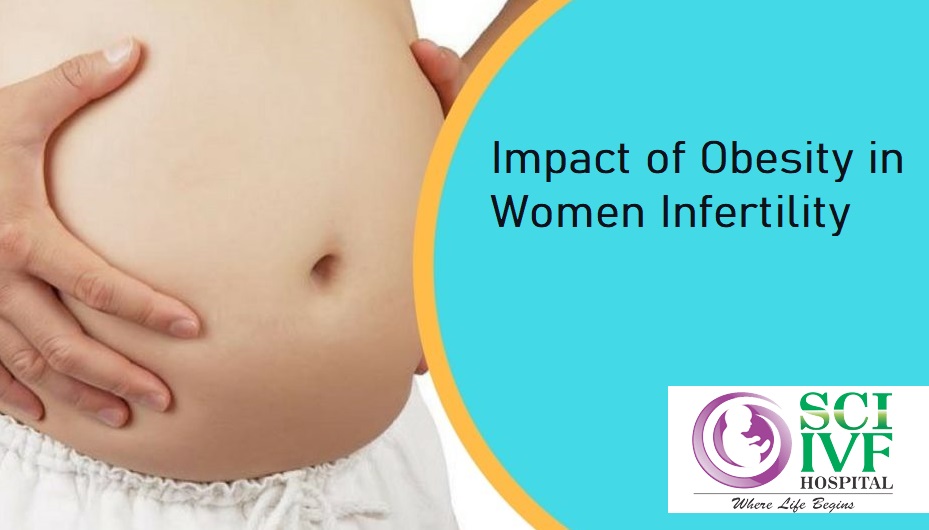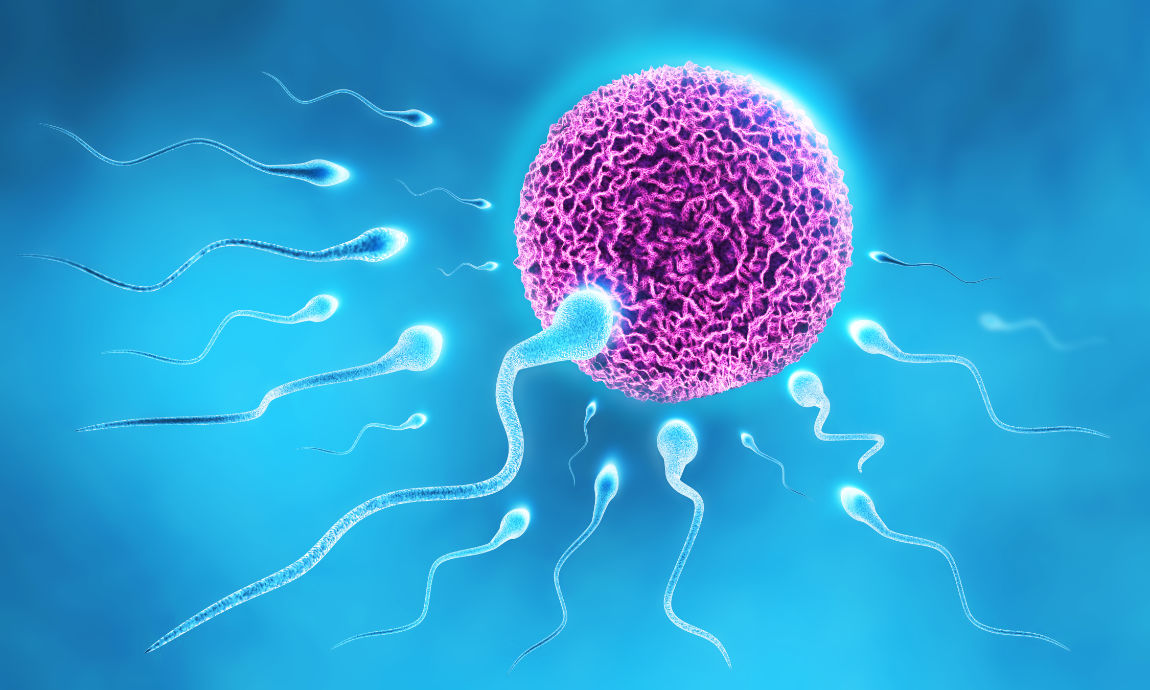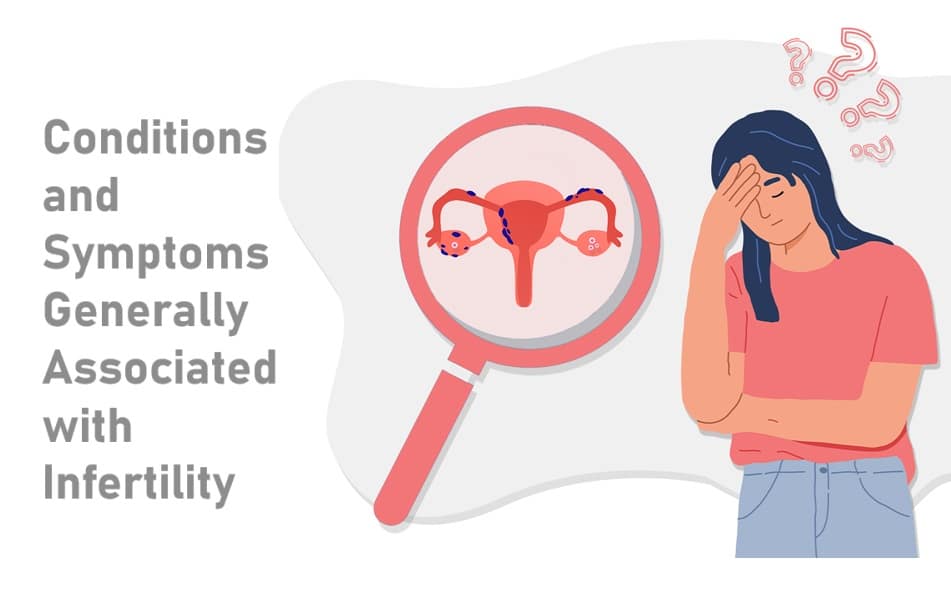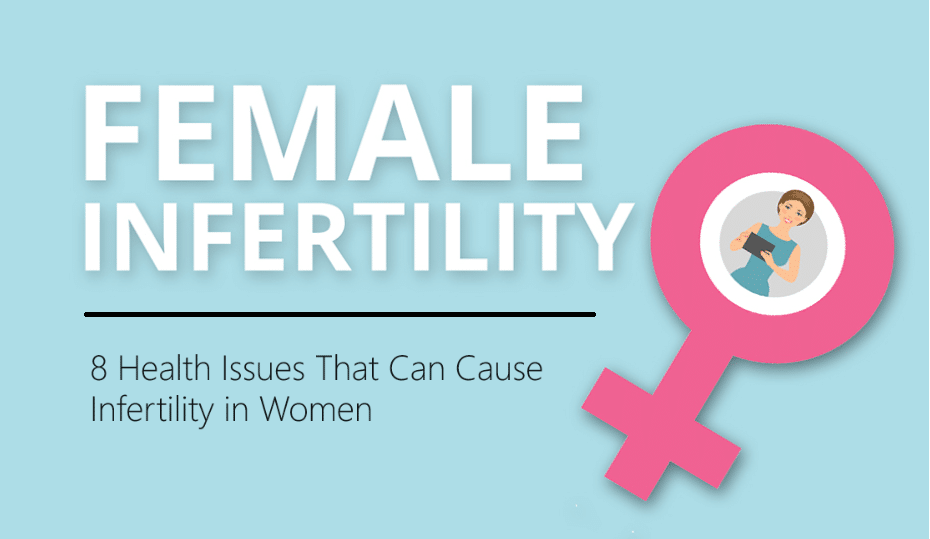The medical term for a condition in which a couple has a decreased or non-existent capacity to reproduce is infertility. There is no indication that the male or female suffers from a condition as severe or permanent as sterility.
Infertility is surprisingly frequent, although its causes are not always obvious. Infertility risk factors may come from a variety of sources, including genetics, the environment, and even one’s way of life. Obesity is a known and well-recognized contributor to male and female infertility.
The average body mass index (BMI) ranges from 19 to 24. BMI less than 19 indicates underweight status. Obesity is a BMI of 30 or above, whereas overweight is a BMI between 25 and 29. The presence of excess weight or obesity may impact an individual’s or a couple’s capacity to conceive. Six percent of women who have never gotten pregnant suffer because of their weight.
How can weight affect female fertility?
Obese and overweight women have been shown to have a more difficult time conceiving than women of normal weight in several studies. Furthermore, once pregnant, obese women have an increased risk of having a miscarriage.
Abnormalities in hormone levels caused by obesity may have a negative impact on fertility in both sexes. Extra weight causes hormonal disruptions that reduce ovulation and sperm quality. Ovulation problems may result from insulin overproduction in women.
Obesity, elevated insulin levels, and polycystic ovary syndrome (PCOS) are all factors in female infertility. A particular medical disorder known as polycystic ovary syndrome (PCOS) is linked to several symptoms, including obesity, reduced or absent ovulation (anovulation), irregular menstrual cycles and increased levels of male hormones.
However, ovulation isn’t the only difficulty since even obese women with typical ovulation cycles have decreased pregnancy rates than normal-weight women. Other problems associated with obesity that affect pregnancy, like thyroid disease, insulin resistance, and diabetes, may be identified with a visit to a healthcare expert before conception.
Does being obese influence one’s ability to get pregnant with treatment and have a healthy child?
Obesity has been shown to reduce the success rates of in vitro fertilization (IVF). Obese women have been demonstrated to have a lower pregnancy rate and a greater miscarriage rate. Pregnancy-related (gestational) high blood pressure (pre-eclampsia) is more common in overweight and obese women. Moreover, obese women are more likely to undergo a caesarean section. The offspring of obese moms are more likely to be born large for their gestational age and with certain birth abnormalities.
Should I strive to decrease my BMI if I am obese before trying to conceive?
A doctor or other medical professional should be consulted first. Your doctor will consider your age and other potential causes of infertility before making any recommendations regarding whether or not you should prioritize weight loss.
If you’re over 40 or have a body mass index (BMI) of at least 40, changing your food and lifestyle (by doing things like exercising) in conjunction with a program that may give group support is a beneficial step, but it may not be the right place to start. For women with a BMI of 40 or more, weight reduction surgery (bariatric surgery) is the most successful therapy.
Conclusion
Infertility and several other medical problems are linked to obesity. Several studies have shown that losing weight improves a patient’s prognosis, increases fertility, and increases the likelihood of carrying a pregnancy to term.
The synthesis of the gonadotropin-releasing hormone (GnRH), which is crucial for regular ovulation in women, is also affected by excess body fat. In particular, follicle-stimulating hormone (FSH) and luteinizing hormone (LH) are secreted after being stimulated by GnRH.
Want talk to IVF Experts? Contact us here: https://www.sciivf.com





